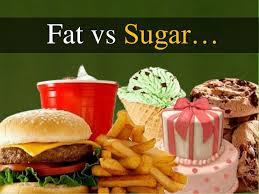
Optimal digestive function means we’re breaking down food properly, absorbing enough of the right nutrients and eliminating the waste that we don’t need. It’s a very organized, efficient and meticulous process.
But we need energy to perform these tasks, and much of that energy comes from nutrients we digest. It seems like a bit of a catch-22: We need energy in order for our digestive system to break down food, but we get much of that energy from food. If digestion is sluggish, we can’t break down nutrients properly to get more energy. This creates a vicious cycle that leads to a type of malnutrition in our cells, tissues and organs.
(adsbygoogle = window.adsbygoogle || []).push({});
Wastes build up, you retain water and your body converts excess calories to fat, since the body isn’t digesting them properly. Usually, this cycle starts with unhealthy dietary habits: eating too many processed foods that hinder digestive function by depleting our enzymes, probiotics and other factors critical for strong digestion. Unhealthy foods, particularly refined sugars, also spike glucose and insulin. The result is inflammation — another major culprit in weight gain and slow metabolism.
Essentially, a nutritious diet has a direct relationship to healthy body weight — not just because we’re avoiding inflammatory, fat-fueling foods like sugar and hydrogenated oils, but also because nutritious foods give our digestive system the building blocks it needs to function efficiently. Our mitochondria, the tiny cellular engines that create energy for the body, are a central part of our metabolism and digestion.
How quickly and efficiently the mitochondria can turn nutrients such as glucose into energy reflects metabolic health. If our mitochondria are inefficient, we store glucose as fat.
Where does digestion come into play?
When we’re not digesting properly, mitochondria don’t get their nutrients to produce energy, and excess waste creates inflammation and toxic buildup. As a result, we feel sluggish, tired and bloated. It’s all part of a complex, interrelated system where metabolism and digestion rely on one another to keep all the body’s systems fully energized and functioning at peak capacity.











